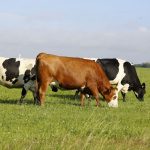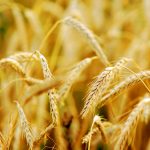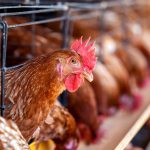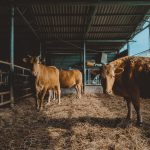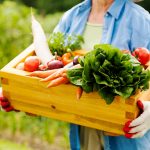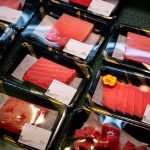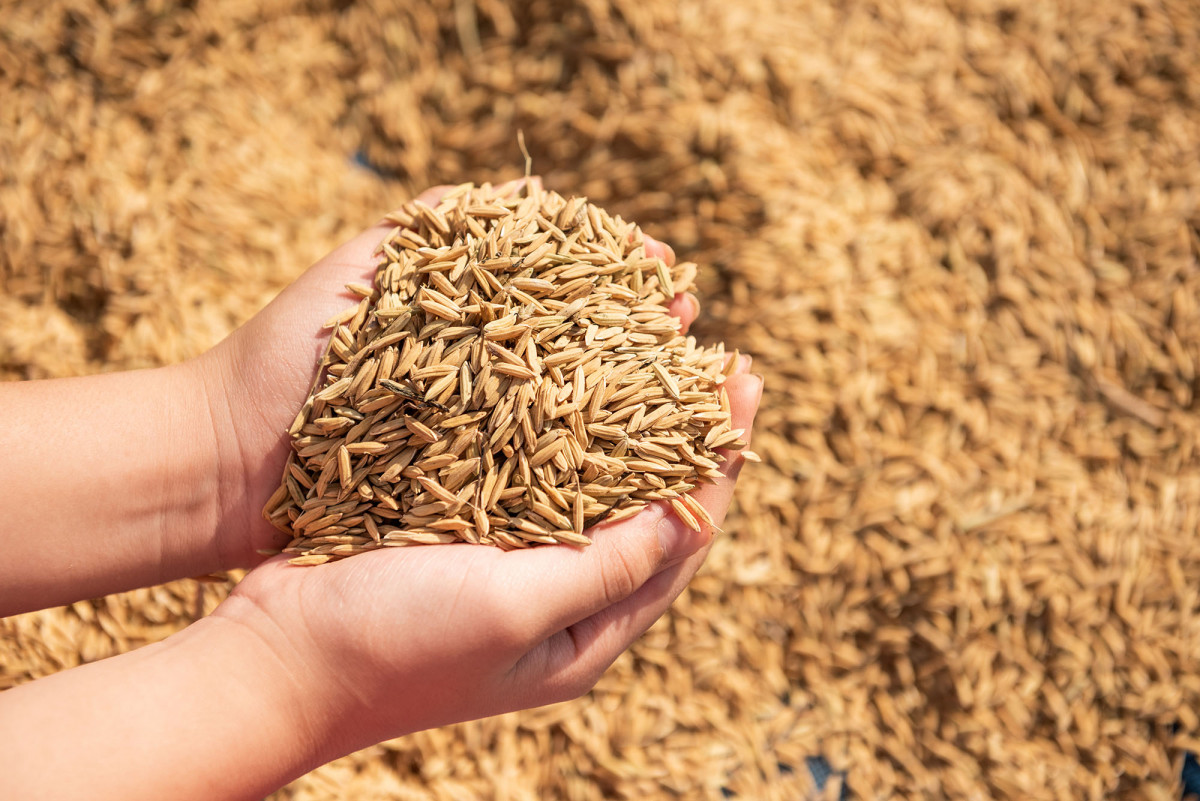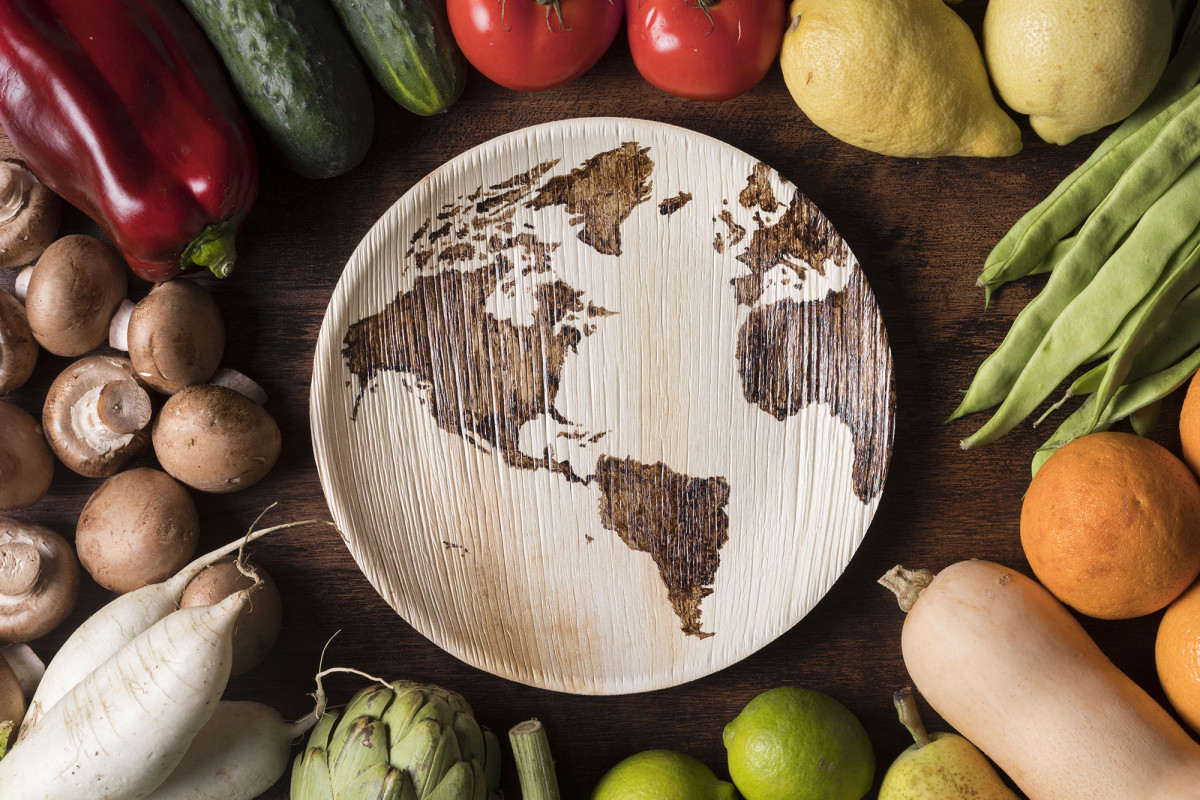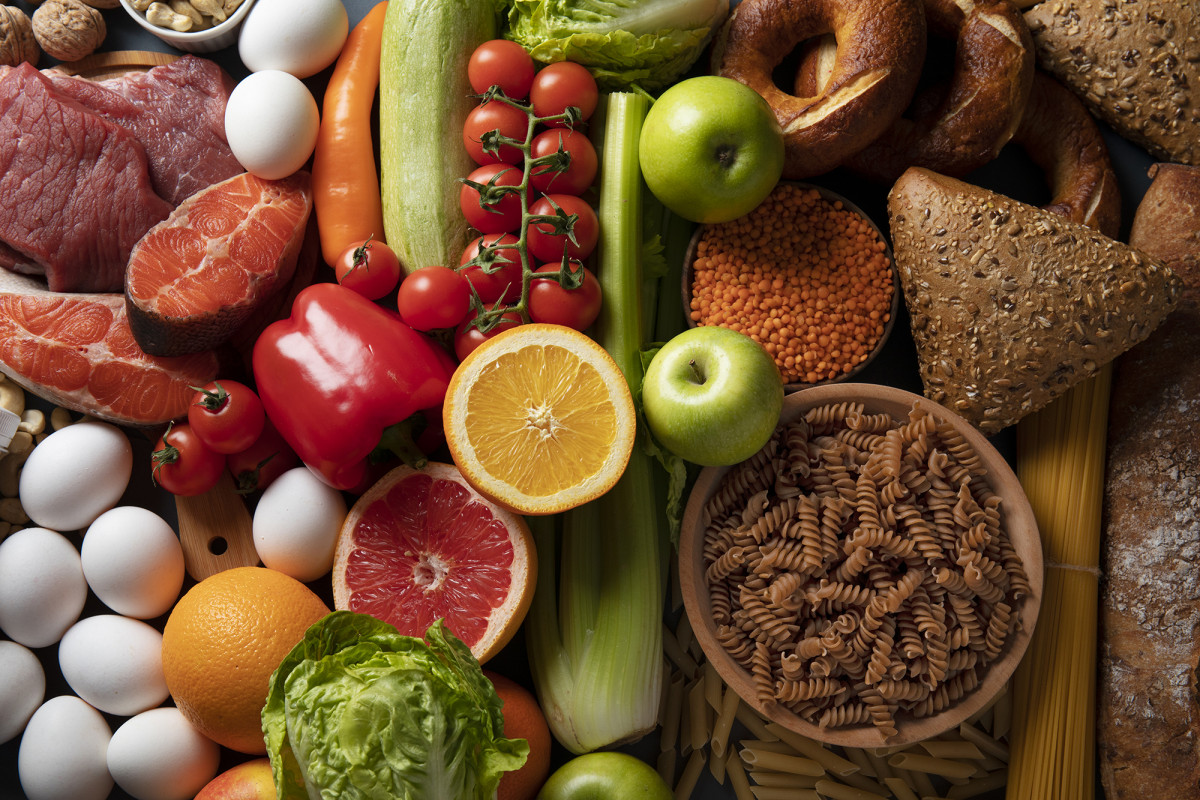Our mission is to revolutionize Mongolia’s food system by empowering local farmers, implementing sustainable practices, and ensuring safe, nutritious food for every citizen. By 2027, we aim to make Mongolia fully self-reliant in key food products.
The “Food Supply and Security” national movement, also known as the “Food Revolution”, was launched by the President of Mongolia, Khurelsukh Ukhnaa, on May 13, 2022. This movement is part of a larger national effort to transform Mongolia’s food system, addressing the urgent need for food security and sustainability in the face of global challenges.
To formalize and support the movement, the Mongolian Parliament passed Resolution No. 36 on June 17, 2022, which outlines key measures to ensure the country’s food supply and security.
The Food Revolution NGO is led by Davaabayar Chimeddorj, who serves as the Chairman of the Board of Directors. Davaabayar is also the industrial policy advisor to the President of Mongolia, playing a vital role in ensuring the successful coordination and implementation of the Food Revolution’s key initiatives.
